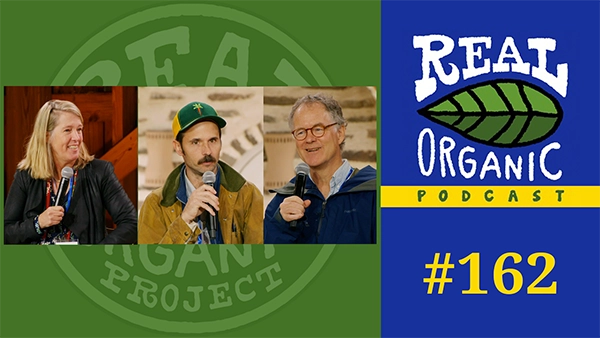Suggestions
Matt Sheffer
Managing Director at Hudson Carbon
Matt Sheffer is the Managing Director of Hudson Carbon, a nonprofit organization focused on advancing carbon farming and ecosystem services in the Hudson Valley region of New York. He has a deep connection to agriculture, having spent his youth on an 800-acre farm in rural Edgar County, Illinois, owned by his maternal great-grandfather. This background has shaped his commitment to sustainable farming practices.
Professional Background
Sheffer's academic journey includes degrees in Philosophy and English Literature, which have equipped him with the ability to think conceptually while also applying practical solutions in his work. Before his current role, he gained hands-on experience working on a small lettuce farm in Sheffield, Massachusetts, after his sophomore year of college.12
At Hudson Carbon, Sheffer is instrumental in developing a carbon offset marketplace aimed at providing fair compensation to farmers for their carbon sequestration efforts and other ecosystem services. His work involves addressing the limitations of existing carbon markets, such as lack of transparency and inadequate pricing that fails to incentivize farmers adequately.12
Key Initiatives
Under Sheffer's leadership, Hudson Carbon has been working on innovative strategies to measure and quantify carbon sequestration effectively. This includes using remote sensing and modeling techniques to provide farmers with the necessary data to demonstrate the impact of their regenerative practices.23 Additionally, he emphasizes the importance of connecting consumers directly with farmers through storytelling and visual content on their platform, enhancing trust and engagement in the carbon offset market.2
Recent Activities
Recently, Sheffer moderated a panel discussion at the Saving Real Organic Conference, highlighting his active involvement in promoting regenerative agriculture and policy advocacy within the agricultural community.3
In summary, Matt Sheffer plays a pivotal role in bridging the gap between sustainable farming practices and market incentives, fostering a collaborative approach to addressing climate change through agriculture.

